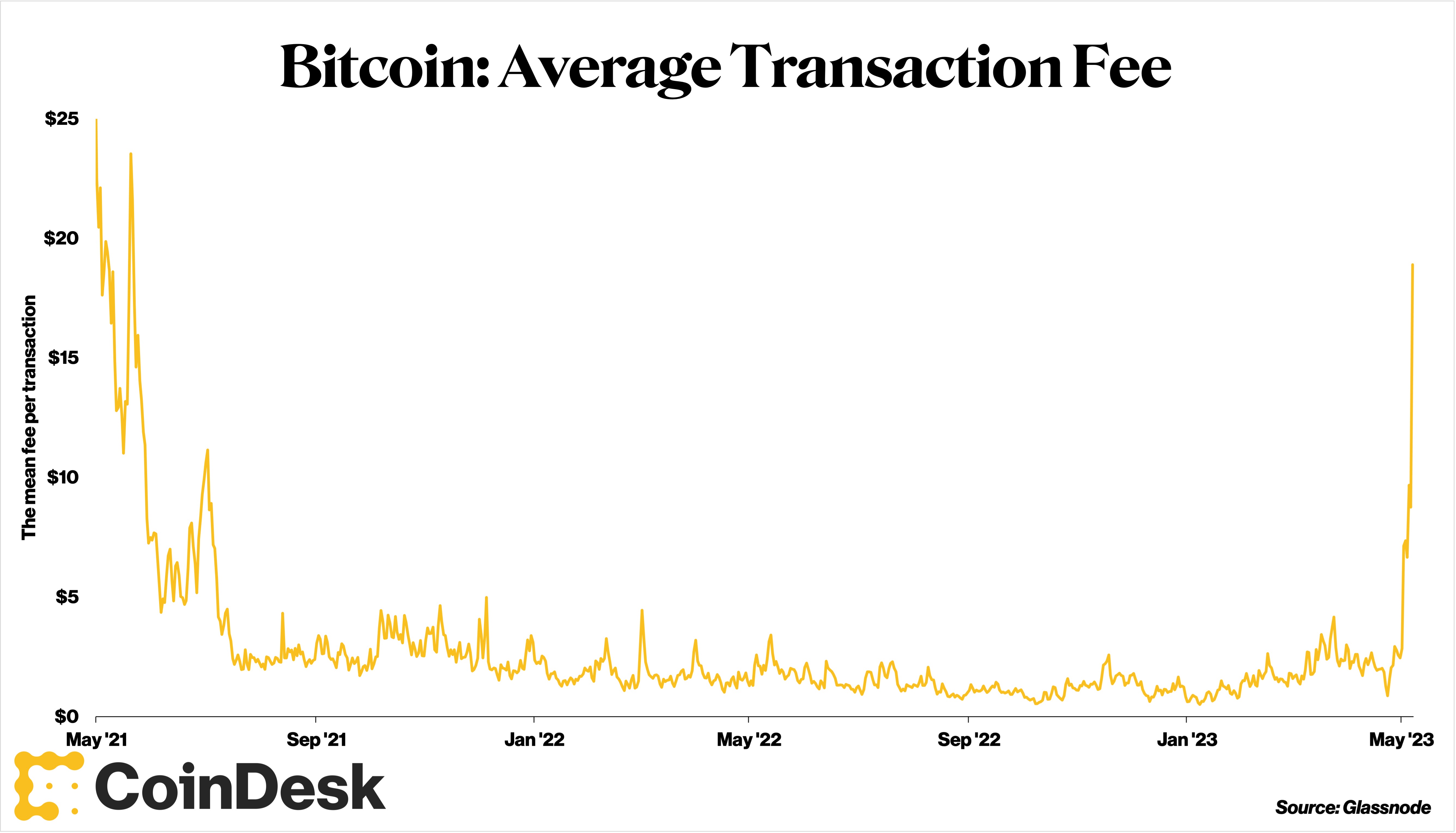You agree what we are trying to do is minimise the CO2 impact of our lives? The question is how we translate this into a do I do A or do I do B where A and B are interchangeable services. I think the best way I can do it in the real world is to look at the total environmental cost of option A and the total environmental cost of B, divide each by their total income and that is the cost per dollar. Then I can calculate my individual environmental contribution based on how much I spend on the service.This 0.3p is another of those literally irrelevant numbers. My mistake earlier was assuming that the electricity cost was necessarily lower than that, giving a connection to environmental costs. It's not - rather spectacularly so.
The 0.3p transaction fee is great for your personal finances, but totally irrelevant to electricity costs, and hence environmental impact. monero used something like 300 kWh for that transaction, not 1/30th of a kWh. The fact they only charged you personally for a fraction of the electricity cost doesn't help the environmental cost in the slightest. The inherent inefficiency of their blockchain network uses that much electricity per transaction, regardless of what you're billed for.
Incidentally, that x5000 number that you've referenced a few times is a ratio between two completely irrelevant numbers, and hence is equally irrelevant. The £15 assumes Visa's electricity cost is a relevant fraction of that, which it isn't. I get varying figures for actual electricity costs per transactions for Visa, but they're on the order of 1 - 2 Wh. Which is about $0.00018 at current prices. The 0.3p assumes Monero is charging you for the cost of the electricity - they're not. Hence both of these numbers have no relevance at all to which is environmentally better.
By comparison the electricity costs of monero, even if we take a low end figure of $2, is actually on the order of 10,000x worse in electricity costs for the same job.
This logic allows any products or services to be compared and if everyone followed it would seem to minimise our total environmental impact.
Does this all make sense? I do not expect everyone to agree with the details of my logic, but at least do you agree it is a consistent and actionable strategy for assessing and attempting to minimise ones environmental footprint in a day to day level?
Given this I think my analysis is sound. It matters not at all that the electricity required to change the value in my bank account is trivial when my bank is investing in fossil fuel exploration and the executives are flying on private jets to get drunk on an evening. It is the cost of the whole system that matters, and the visa system has a bigger total environmental impact than the monero blockchain, even accounting for the amount of money that goes through it.




/cloudfront-us-east-2.images.arcpublishing.com/reuters/LL4HSL6N7FIZDCZW7D4JZM5WKU.jpg)
